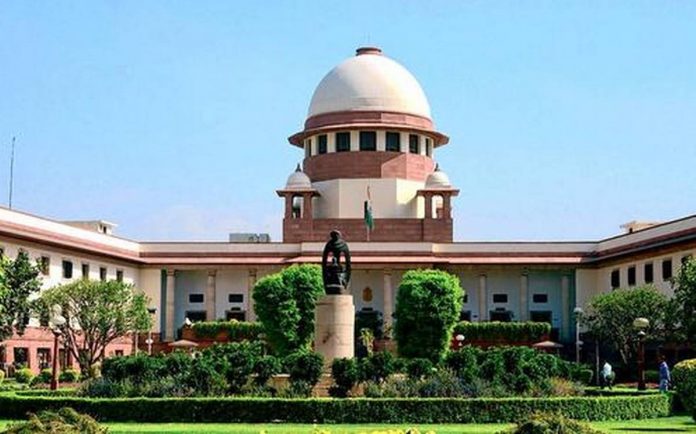New Delhi (ILNS): If a show-cause notice intends to blacklist the recipient of the notice in case of an unsatisfactory reply, this stipulation must be clearly mentioned in the notice. This observation was recently made by the Supreme Court in an appeal by UMC Technologies Pvt. Ltd against the order of the Madhya Pradesh High Court. The high court had upheld the order of the Food Corporation of India (FCI) which terminated a contract with the appellant and also blacklisted the company from participating in any tenders of the corporation for 5 years.
The appellant argued before the bench of Justices S. Abdul Nazeer and B. R. Gavai that the FCI had no power to blacklist the company. Moreover, in the absence of a valid show-cause notice, the consequent blacklisting order cannot be sustained.
The bench, while explaining what constitutes a valid show-cause notice, observed: “The mere existence of a clause in the Bid Document, which mentions blacklisting as a bar against eligibility, cannot satisfy the mandatory requirement of a clear mention of the proposed action in the show-cause notice. The Corporation’s notice is completely silent about blacklisting and as such, it could not have led the appellant to infer that such an action could be taken by the Corporation in pursuance of this notice.”
The bench further threw light on the consequences of blacklisting and said: “Specifically, in the context of blacklisting of a person or an entity by the state or a state corporation, the requirement of a valid, particularized and unambiguous show cause notice is particularly crucial due to the severe consequences of blacklisting and the stigmatization that accrues to the person/entity being blacklisted. Here, it may be gainful to describe the concept of blacklisting and the graveness of the consequences occasioned by it. Blacklisting has the effect of denying a person or an entity the privileged opportunity of entering into government contracts. This privilege arises because it is the State who is the counterparty in government contracts and as such, every eligible person is to be afforded an equal opportunity to participate in such contracts, without arbitrariness and discrimination. Not only does blacklisting take away this privilege, it also tarnishes the blacklisted person’s reputation and brings the person’s character into question. Blacklisting also has long-lasting civil consequences for the future business prospects of the blacklisted person.”
Read the judgment here;
umc

